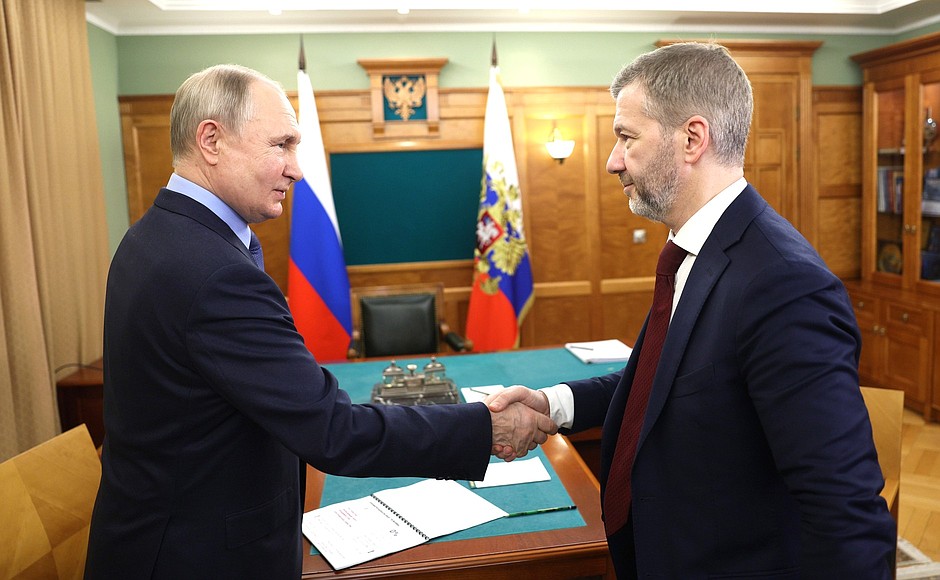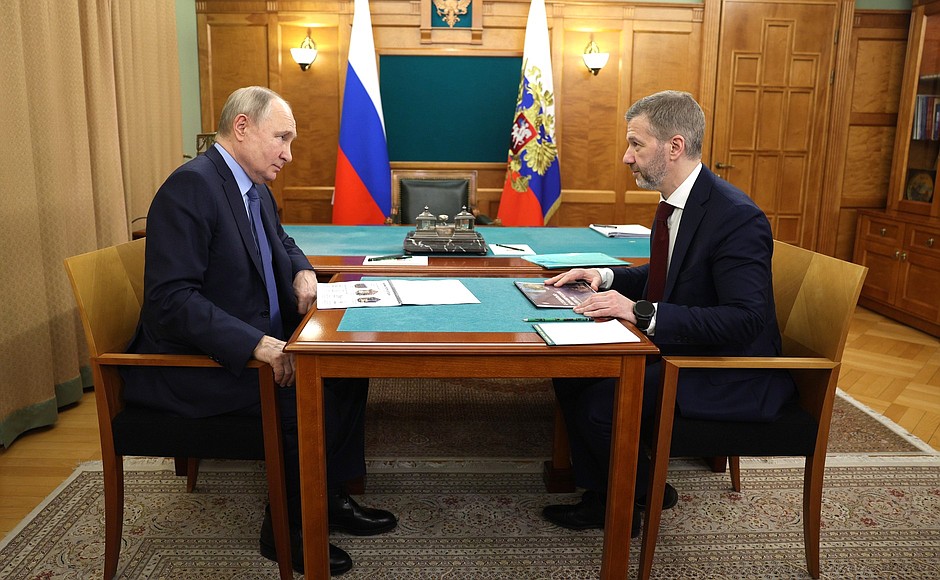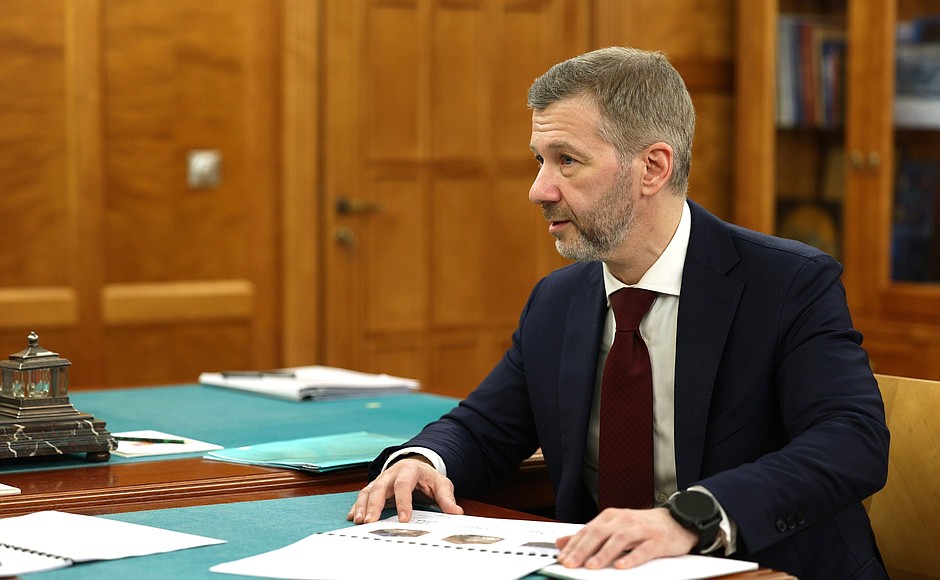Vladislav Kuznetsov said that manufacturing was the main economic development driver for the Chukotka Autonomous Area, where major investment projects are being carried out. Baimsky mining and processing plant, a project to extract and produce copper, is one of the largest undertakings of this kind. In fact, the construction of a port in Pevek is intended to serve this entity. Pyrkakay Stockworks, also near Pevek, is the second major project in the region specialising in tin metal extraction. Investment in agriculture has also been increasing, including vegetable crops, with substantial increases in protected cultivation. The region plans to triple vegetable output as part of an effort to develop Anadyr’s metropolitan area. Local production currently covers about 21 percent of the demand for vegetables, but this figure is expected to reach 65 percent by next year.
Gold and coal extraction have been an integral part of the regional economy with Kekura and Mayskoye among the major mines with an output of 54 tonnes of gold. The Bering Coal Basin provides quality coal for metal companies. The coking coal it produces has extremely low sulphur content.
Vladislav Kuznetsov went on to talk about the manufacturing of ramped boats the region needs for river navigation, and then turned to green energy. Chukotka is a flagship region in the nuclear sector. The first floating nuclear power unit, the Akademik Lomonosov, serves Pevek. In addition, Rosatom is building four floating power units with a capacity of 50 megawatts each to serve the Baimsky copper mining and processing project, and two of them have already entered the assembly stage. Chukotka signed an agreement with Rosatom to carry out another major project. It consists of installing a one-of-a-kind reactor as part of an effort by Atomredmetzoloto to develop the Sovinoye deposit. This innovative solution consists of a 10-megawatt Shelf-M small nuclear reactor designed to produce electric power for small-scale infrastructure.
The region benefits from one of the most favourable investment frameworks in Russia with three preferential regimes: a priority development territory, the free port of Vladivostok, and location in the Arctic zone.
The region also helps the indigenous people of the north sustain their traditional livelihoods. For example, people living along the coast live off fishing and sea-hunting. Chukotka builds processing facilities for sea-hunting and the reindeer breeding sectors, and has substantially increased the wages for reindeer herdsmen, which is expected to serve as an incentive for attracting more young people into this segment.
The Governor also talked about fish processing, housing construction and creating logistics hubs in the key cities along the Northern Sea Route, as well as staffing healthcare institutions, especially with doctors, medical specialists, building sports infrastructure, and ensuring online connectivity across the Chukotka Autonomous Area.
The Governor and the President also discussed transport logistics, considering its importance for the region, including in terms of developing air service using planes and helicopters, and subsidising air travel within the region, as well as several other issues.



